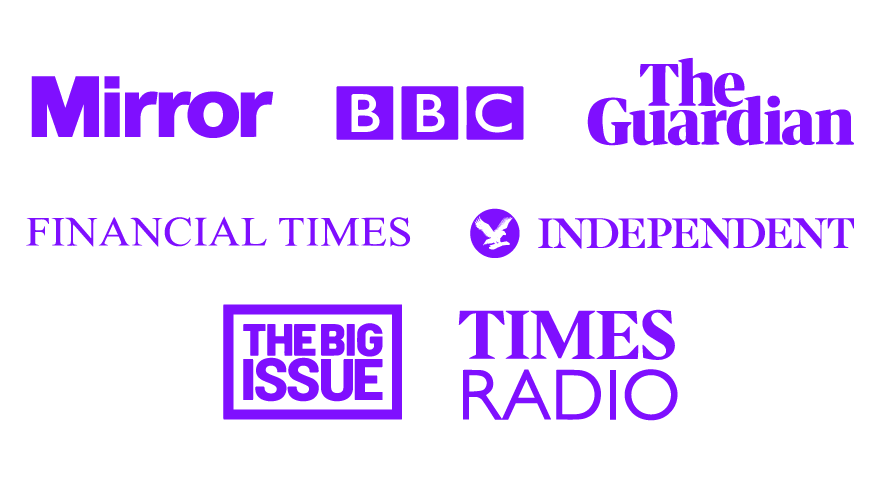The social security system is there for all of us. The pandemic has exposed how precarious our incomes are and how much we all need a social security system that prevents poverty, provides income security and promotes social solidarity. Whether or not we are out of work, in ‘insecure’ work, or have recently lost jobs, our current system is falling short on all fronts, but it can change.
Before the pandemic, we had record employment and rising child poverty - with 72 per cent of children in poverty living in a working household. It’s clear that the social security system wasn’t doing enough to prevent and reduce poverty.
Low pay and insecure work leave many families struggling to make ends meet. In the first lockdown we all saw and celebrated the people in vital, but low-paid, roles who keep the country going – carers, delivery drivers and supermarket staff to name just three. Many of these people will be claiming working tax credits or universal credit to help them meet their families’ costs. When the government increased these benefits by £20 a week this was a clear recognition that they were not adequate. It’s vital that we keep this £20 lifeline permanently, and extend it to people claiming other benefits who didn’t get the increase – including disabled people on employment and support allowance.
This increase didn’t add any specific financial support for children – a single person gained as much as a mother of three. Researchers from the Covid Realities project, of which CPAG is a partner, have found that the financial pressures on families with children “have not been effectively addressed through the governmental responses to date.” Our research, Poverty in the Pandemic, found that many families are facing higher costs and falling incomes during the ongoing crisis. Nearly nine in 10 families we spoke to were financially worse off as a result of the pandemic despite government measures, including Claire:
The social security system is there to help with additional lifetime costs – like the costs of raising children – but even before the pandemic it wasn’t up to the job because cuts and freezes over several years have meant benefit levels have plummeted compared to the rising cost of living. The pandemic has made this situation worse still. To put this right, we’re calling for child benefit to be increased to better support families to meet children’s needs.
Because of the pandemic, we’re now seeing rising unemployment – which is obviously very bad news for family incomes. To provide a minimum level of income security, the social security system should respond to need. Policies like the two-child limit and benefit cap undermine this. We wouldn’t turn away a sick child from hospital, yet the two-child limit denies families the support they need from our social security system in tough times. The current pandemic shows how economic turmoil can hit unexpectedly. We should be able to rely on the social security system to support all our children in a crisis.
The benefit cap is also hitting families hard right now – the increase in universal credit means more families will be capped and won’t benefit, even though they face the same financial pressures as other families. Parents may find themselves affected by the benefit cap if they have lost a job or their hours have dropped. Aurora T, a participant in Covid Realities, is affected by the benefit cap:
This isn’t right and it can’t continue.
As well as meeting needs, it’s important that the social security system doesn’t add to people’s problems. More and more of us are turning to social security as incomes fall in this crisis, and our social security system should also promote social solidarity. To achieve this it can’t be divisive or stigmatising. But as the Covid Realities researchers point out, “the increasing normality of benefit receipt amid the continued economic fallout of Covid-19 has not – as yet – mitigated the stigma associated with social security”. It’s important that people understand that we all have a stake in the social security system – it’s for all of us.
We were encouraged by the latest British Social Attitudes survey showing increasing support for a more adequate social security system even before the pandemic. The furlough and self-employed support schemes have shown that, with political will, there is a way to provide significant support to people when they face an unexpected loss of income. We should now demand and expect a more ambitious social security system in good times and bad – one with security at its heart.



